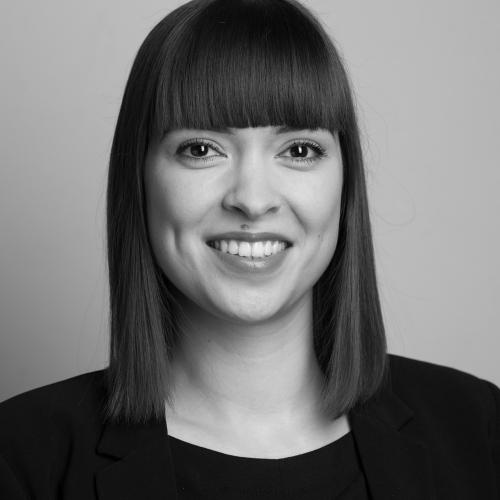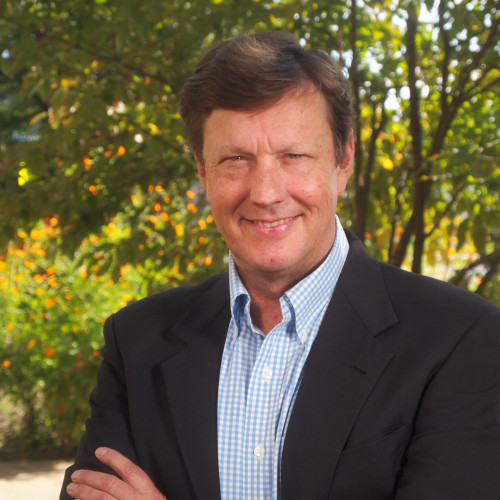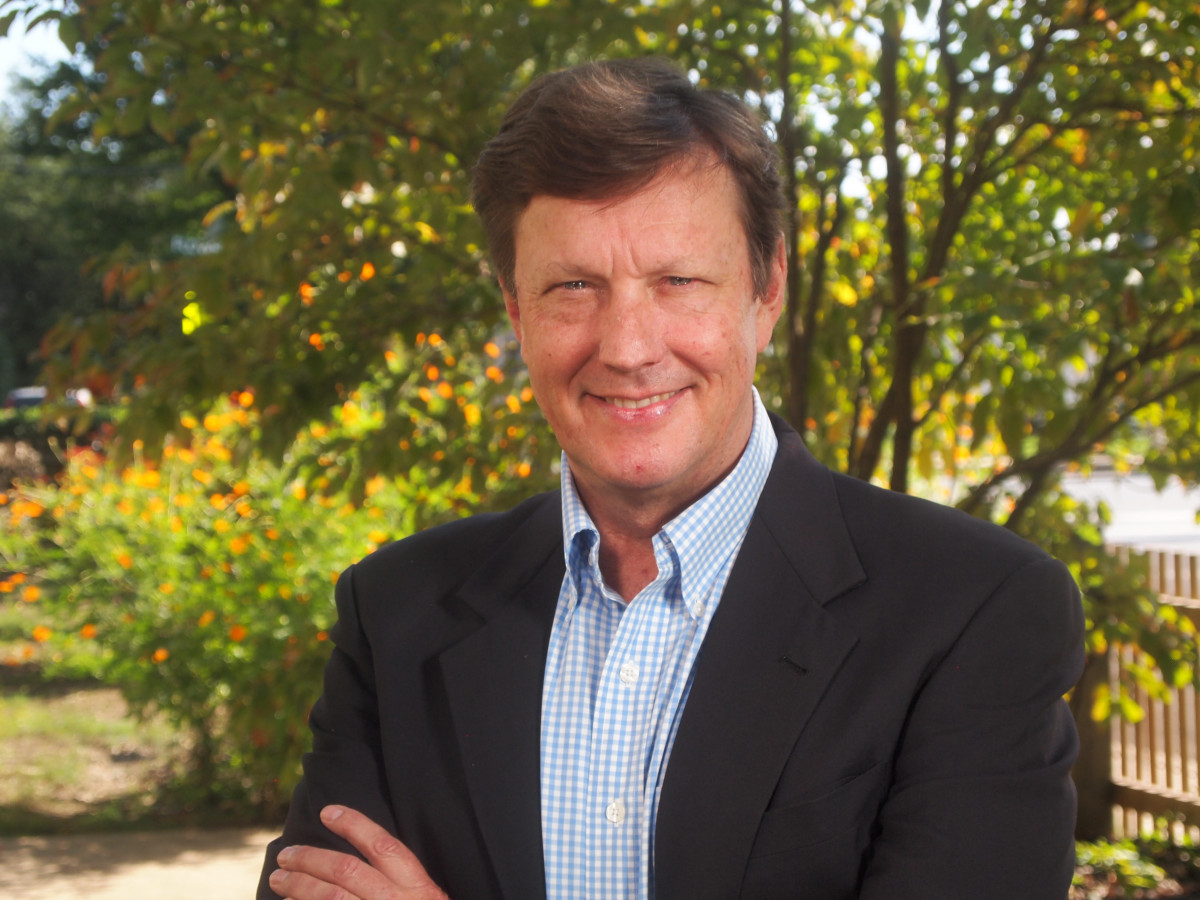Three questions to Eric Niiler, CLEW Ambassador for the United States (East Coast)
Eric, what is the most important energy topic or debate in the United States right now?
Right now in the United States, there’s a debate about the role of our federal government in combating climate change and decarbonising the economy. The current Trump administration has been hostile to both science and policy on climate issues, while Democrats are proposing various prescriptions should they retake the White House in 2020. At the same time, many local and state governments aren’t waiting for Washington to act. They are looking for solutions, suing the federal government to force action and moving towards new forms of energy.
How do you view your role as CLEW Ambassador?
Helping others understand what’s happening in Washington and elsewhere in the U.S., providing links and contacts and perhaps collaboration.
What is your advice for local journalists starting out with covering the energy transition – and what guidance would you give an international journalist doing an energy transition story in the United States?
Look for innovation coming not from federal government officials but from leaders in industry and the business world who realise that society and how it functions needs to change if we are to bend the curve on climate change.
If you are an international journalist doing a story that involves research on energy transition and climate policy in the United States, you can reach out to Eric as a first point of contact. Also, Justin Gerdes, our U.S. West Coast ambassador and other CLEW Journalism Network members will be able to help you out, or be interested in collaborating on an energy transition story with you.
If you are a U.S.-based journalist with an idea for a project on-the-ground, Eric can refer you us for support at CLEW in Berlin.
Should you be looking for expertise in other countries –have a look at the CLEW Journalism Network map!



